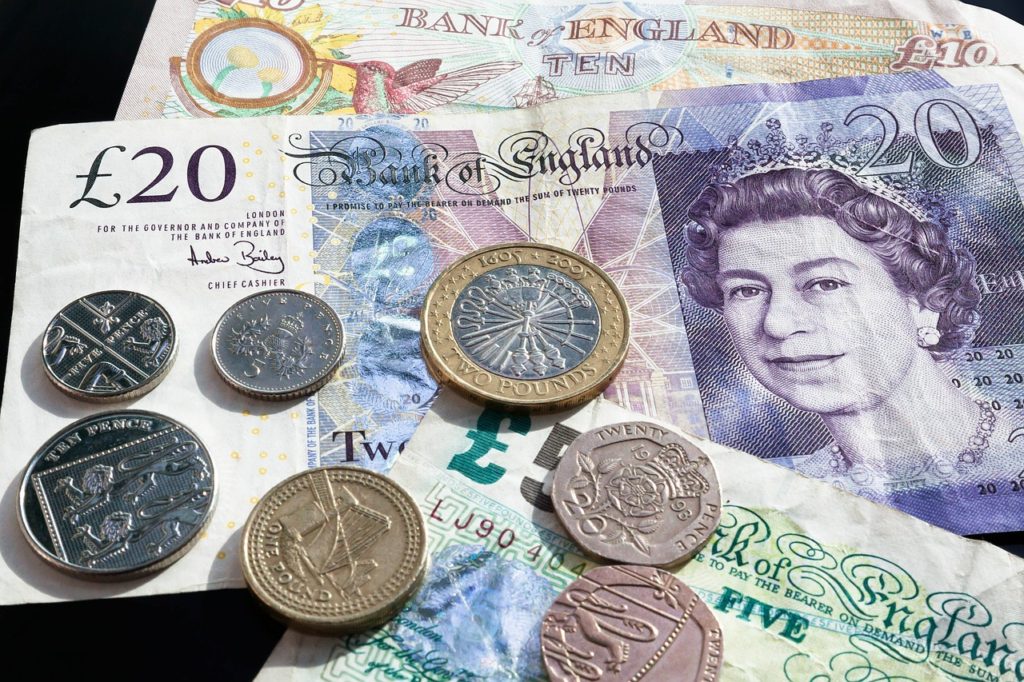New research from Gocompare.com Money has found that, on average, people now manage over 30 accounts across all aspects of their lives, from online banking and shopping, to gym memberships and subscriptions for home entertainment. And almost a third of us are stressed out by trying to keep track of them all.
The survey of 2,000 UK adults looked into how people manage their multiple contracts and accounts. Over a third (34%) confessed to using just a handful of passwords to cover everything while 54% said they have to resort to keeping a written note of their passwords and PINs. A quarter admitted to relying on the ‘Forgotten Password’ button to access their accounts.
The survey also revealed that:
- People spend on average two hours a week managing their personal affairs and trying to find and remember account details and passwords;
- 38% of those questioned said they have no system to keep track of their online personal affairs;
- 8% spend over five hours a week managing their contracts and accounts;
- 27% said they feel overwhelmed by the number of accounts and passwords they have to manage;
- 31% said they find it stressful having so many accounts, passwords and contracts;
- 21% of those surveyed felt like they’ve lost track of contracts and accounts;
- 28% likened managing their personal affairs to a full time job.
| Type of personal or money-related account | Average number of accounts held |
| Utilities and home services including gas, electric, water, council tax, TV licence, broadband and phone connections | 5 |
| Online shopping accounts | 4 |
| Smartphone apps requiring log in details | 4 |
| Loyalty card schemes | 4 |
| Savings and loan accounts | 3 |
| Social media and webmail accounts | 3 |
| Insurance policies (e.g. car, home, life, pet, travel, etc.) | 2 |
| Credit and store cards | 2 |
| Entertainment and lifestyle (e.g. Netflix, Amazon Prime, iTunes, etc. | 1 |
| Music streaming and cloud storage accounts including Spotify, Google Play, Deezer, Microsoft OneDrive | 1 |
| Online/mobile wallet accounts (e.g. PayPal, Paym, ApplePay, Ping It, Zapp, Google Wallet | 1 |
| Sporting memberships including gym memberships, Strava or Garmin Connect, etc. | 1 |
| Other memberships and subscriptions including magazine and newspaper subscriptions, library card, wine club, etc. | 1 |
Matt Sanders, head of money at Gocompare.com, said:
“From our research it’s clear that many people feel that they are drowning under the weight of managing their personal and money-related affairs. While the move to online account management has made things like entertainment and banking much more accessible, it has significantly increased the number of accounts we all hold and the log-ins, passwords and monthly payments we have to remember.
“New technology has also presented a range of opportunities for cybercriminals – scamming people out of their personal details and money through increasingly sophisticated means. One in ten people who took part in our survey said that they had an online account hacked, while 12% said they had been a victim of a financial fraud. This means that it’s essential that you make the time to manage both your offline and online accounts to ensure that your personal data is safe and secure.â€
Matt Sanders continued: “There are some simple precautions you can take to protect against cybercriminals. First off, always password or PIN protect your PC, smartphone, laptop and other mobile devices. Choose strong passwords and PINs and avoid using the same ones for all your accounts and payment cards. Never use same passwords for social media sites and online banking. If you feel you must write down your passwords and PINs encrypt them so only you can understand them. Always log-off when you complete an online transaction.
“Regularly check financial statements, such as your bank or credit card statement, and be on the lookout for unusual or unauthorised transactions or charges from subscriptions you’ve forgotten to cancel. Generally speaking, it’s worth closing old accounts that you no-longer need as this will not only help guard against fraud, but may also help your credit score.â€
For more information on about how to protect yourself against financial fraud visit:Â http://www.gocompare.com/money/financial-fraud/
